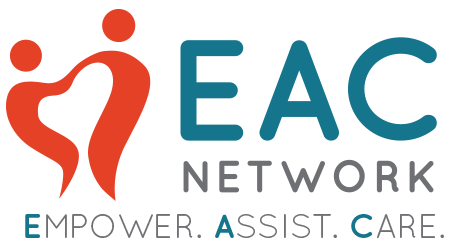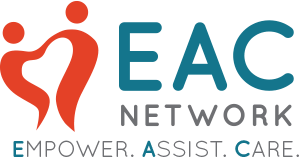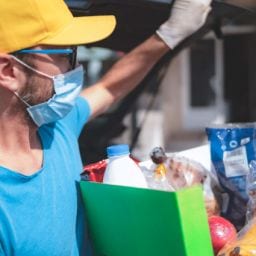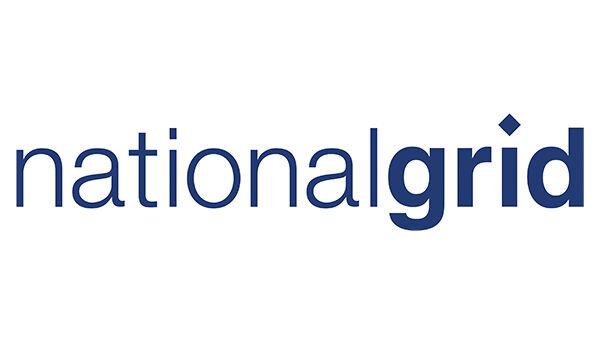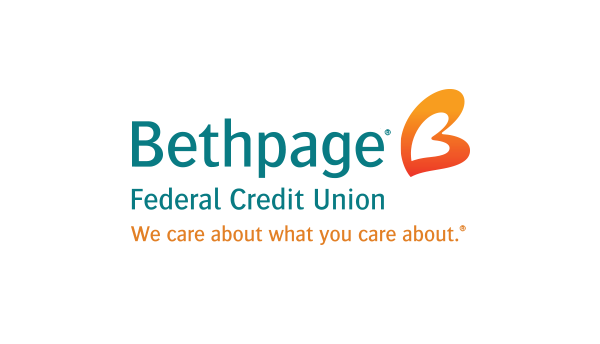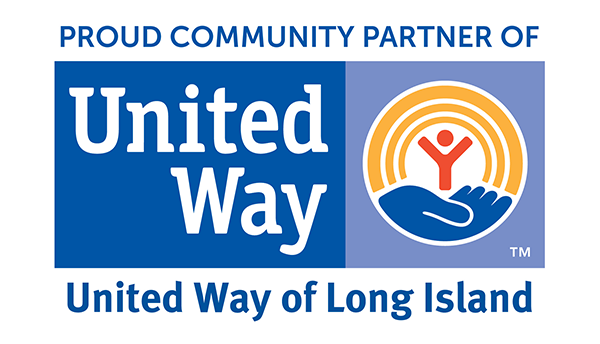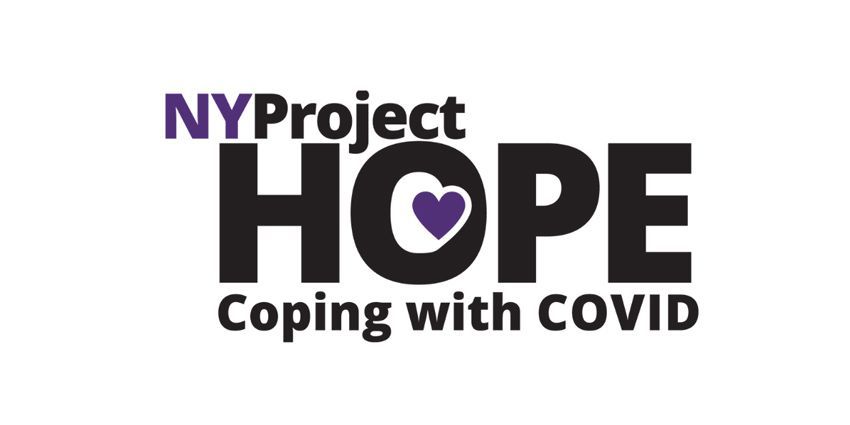
There’s a lot to navigate during the pandemic, and that can be stressful. There are masks to wear, distance to keep, and then there is loss. And loss takes all kinds of forms. There are activities you don’t do now, friends you don’t see, and then, there are friends and family you have lost. There’s simply a lot going on right now, and feeling stressed or anxious is to be expected. According to Project Hope, the key is what you do with the stress and anxiety – how do you handle it so it doesn’t get a hold on you.
Coping with Traumatic Events
Support, utilizing familiar coping skills and developing new ones, and treatment when required can ease painful experiences.
The National Alliance on Mental Illness provides an excellent strategy named the Window of Tolerance concept, which acknowledges that there is a limited capacity to process or expose yourself to the difficult information around the trauma.
Typically, this capacity to process difficult information is limited immediately after the traumatic event(s), which leads to numbness, panic, dissociation, intrusive thoughts, and simply feeling overwhelmed.
5 Quick Tips for Managing the Stressors of COVID-19
- Limit media exposure
- Breathe slowly and deeply
- Practice Progressive Muscle Relaxation
- Perform mindfulness activities such as meditation
- Access Social Support

NY Project Hope’s Guide to Managing Stressful Situations
Daily life, especially during the pandemic, is full of stressful situations. To successfully navigate challenging times, try practicing these positive behaviors recommended by Project Hope:
- Be physically active, ideally several times each week, taking part in activities you enjoy.
- Practice mindful movement, such as yoga or tai chi.
- Laughing boosts your mood and health. Find time to let your guard down and get a good laugh in every day!
- Journal writing. Journal with intent by starting with a positive prompt. For example, “If I made myself a priority in my life, what would that look like?”
- Breathing exercises. Stress is physical and emotional. Breathing exercises stabilize your physical stress and can reduce your emotional stress.
- Mediation is a practice that improves the mind and body balance.
- Stay in contact with loved ones, including family and friends. Connecting with others can lead to increased happiness and reduced stress.
- Try to avoid increased use of alcohol and other drugs. During times of stress, substances can offer a false sense of happiness. Be mindful of any substance use and work towards practicing other coping skills to improve your mood and decrease stress.
- Strive to sleep and eat well. Maintaining healthy sleep hygiene has been found to improve mood and reduce stress levels.
EAC Network and NY Project Hope Improve Access to Free Crisis Counseling in Suffolk County
With our diverse set of social service programs and direct support services, EAC Network has been on the frontlines assisting vulnerable New Yorkers in need throughout the pandemic since day one. Now, we have teamed up with NY Project Hope, New York State’s COVID-19 crisis counseling program, to provide support services to Suffolk County residents who need assistance coping with the stressors of COVID-19.
Learn more about this new outreach initiative by clicking HERE.


